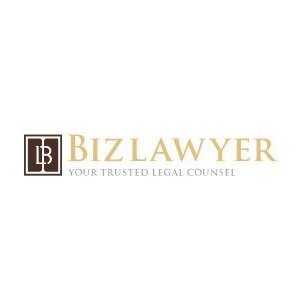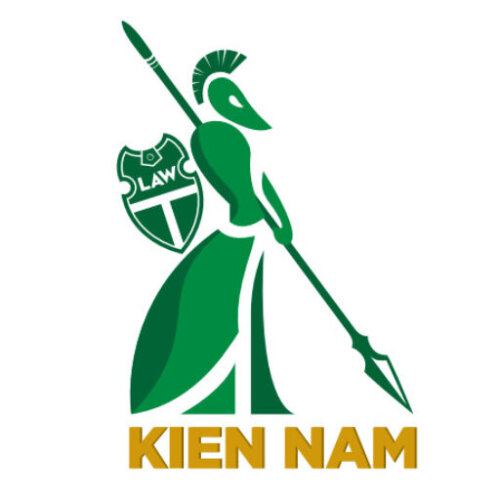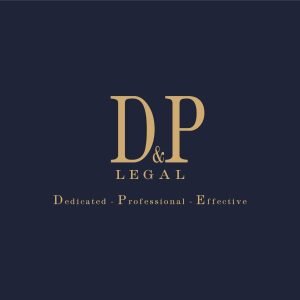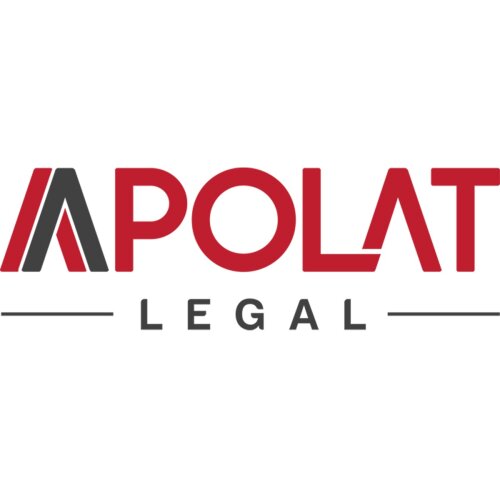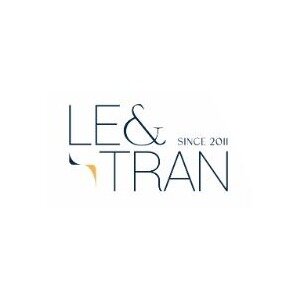Best Government Relations & Lobbying Lawyers in Ho Chi Minh City
Share your needs with us, get contacted by law firms.
Free. Takes 2 min.
List of the best lawyers in Ho Chi Minh City, Vietnam
![[DDC] DONG DU INTERNATIONAL ACCOUNTING, TAXES & LEGAL CONSULTING GROUP HCMC VIETNAM](https://lawzana.com/storage/firms/2690/17617306202399.jpg)
About Government Relations & Lobbying Law in Ho Chi Minh City, Vietnam
Government Relations and Lobbying in Ho Chi Minh City, Vietnam, involve engaging with government officials and regulatory bodies to influence policy and decision-making processes in favor of particular interests or policy outcomes. The practice is deeply embedded in understanding the intersection between legal regulations and government operations. In Vietnam, lobbying is a sensitive area due to the centralized nature of governance and the significant role of the Communist Party. While direct lobbying activities as understood in Western contexts are less formalized, engaging with public officials to guide policy actions is a recognized practice, albeit under a different cultural and institutional framework.
Why You May Need a Lawyer
A lawyer specializing in Government Relations & Lobbying can provide substantial assistance in several situations:
- Advising on compliance with local regulations related to interactions with government entities.
- Facilitating engagement with local authorities for businesses seeking permits or regulatory approvals.
- Assisting in the articulation and presentation of policy positions to government bodies.
- Navigating complex bureaucratic processes to achieve business or organizational objectives.
- Ensuring that lobbying activities adhere to ethical standards and do not contravene local laws.
Local Laws Overview
Ho Chi Minh City, as a major economic hub in Vietnam, is governed by both national regulations and local guidelines pertaining to government relations and lobbying:
- The Anti-Corruption Law mandates transparency and accountability in dealings with government officials, making it crucial for lobbyists to ensure their practices comply with these standards.
- Vietnam's Law on Promulgation of Legal Documents outlines specific procedures for contributing to policy formulation, which are vital for entities engaging in lobbying.
- The Penal Code includes provisions related to bribery and improper influence, which necessitates careful adherence to avoid legal pitfalls.
- Understanding the operations of the People's Committees and local administrative structures is key to effective lobbying.
Frequently Asked Questions
What is the legal status of lobbying in Vietnam?
While formal lobbying as recognized in Western contexts is not explicitly defined in Vietnamese law, engaging with government authorities to influence policy is legally permissible provided it is conducted transparently and ethically.
How do I ensure compliance with anti-corruption laws?
Ensure all lobbying activities are openly documented and that engagements with officials are reported following legal requirements. Seeking legal advice can help ensure adherence to anti-corruption statutes.
Can foreign companies engage in lobbying in Ho Chi Minh City?
Yes, foreign companies can engage in lobbying, but they must comply with regulations outlined by the Vietnamese government, often requiring the assistance of a local expert or lawyer to navigate the complexities.
What role does the Communist Party play in lobbying?
The Communist Party holds a central role in policy-making, and understanding its functioning and priorities is crucial for any lobbying efforts.
Is it necessary to register as a lobbyist in Vietnam?
There is currently no formal requirement for registering as a lobbyist in Vietnam, but maintaining transparency in dealing with government officials is crucial.
Are there any restrictions on gifts to government officials?
Yes, giving gifts to government officials can be construed as bribery under Vietnamese law. It is critical to understand the limitations and prohibitions defined by the Anti-Corruption Law.
How can businesses effectively engage with Vietnamese lawmakers?
Effectively engaging with lawmakers requires an understanding of cultural nuances and formal procedures for governmental interaction, often necessitating collaboration with legal experts familiar with local practices.
Can NGOs lobby for policy changes in Ho Chi Minh City?
Non-Governmental Organizations (NGOs) can advocate for policy changes, provided they operate within legal frameworks and work collaboratively with authorities.
What are the penalties for illegal lobbying practices?
Penalties can include fines, imprisonment, and damage to reputation. It is crucial to maintain compliance with all aspects of the law to avoid such consequences.
What documentation is necessary for government relations activities?
Documentation that transparently records all interactions, communications, and financial transactions related to lobbying is vital. Legal guidance can help in ensuring proper documentation practices.
Additional Resources
For those seeking more information or support in the field of Government Relations & Lobbying in Ho Chi Minh City, consider the following resources:
- Ministry of Justice of Vietnam: Provides official publications and legal texts.
- Vietnam Chamber of Commerce and Industry (VCCI): Offers guidance and resources for businesses interacting with government bodies.
- Local law firms with government relations practice areas.
Next Steps
If you require legal assistance in Government Relations & Lobbying in Ho Chi Minh City, consider taking the following steps:
- Conduct initial research to understand the basic legal landscape.
- Consult with a local law firm specialized in government relations to receive tailored advice.
- Be proactive in maintaining comprehensive records of all government interactions.
- Consider contacting expat groups or business associations for support and information.
Lawzana helps you find the best lawyers and law firms in Ho Chi Minh City through a curated and pre-screened list of qualified legal professionals. Our platform offers rankings and detailed profiles of attorneys and law firms, allowing you to compare based on practice areas, including Government Relations & Lobbying, experience, and client feedback.
Each profile includes a description of the firm's areas of practice, client reviews, team members and partners, year of establishment, spoken languages, office locations, contact information, social media presence, and any published articles or resources. Most firms on our platform speak English and are experienced in both local and international legal matters.
Get a quote from top-rated law firms in Ho Chi Minh City, Vietnam — quickly, securely, and without unnecessary hassle.
Disclaimer:
The information provided on this page is for general informational purposes only and does not constitute legal advice. While we strive to ensure the accuracy and relevance of the content, legal information may change over time, and interpretations of the law can vary. You should always consult with a qualified legal professional for advice specific to your situation.
We disclaim all liability for actions taken or not taken based on the content of this page. If you believe any information is incorrect or outdated, please contact us, and we will review and update it where appropriate.






